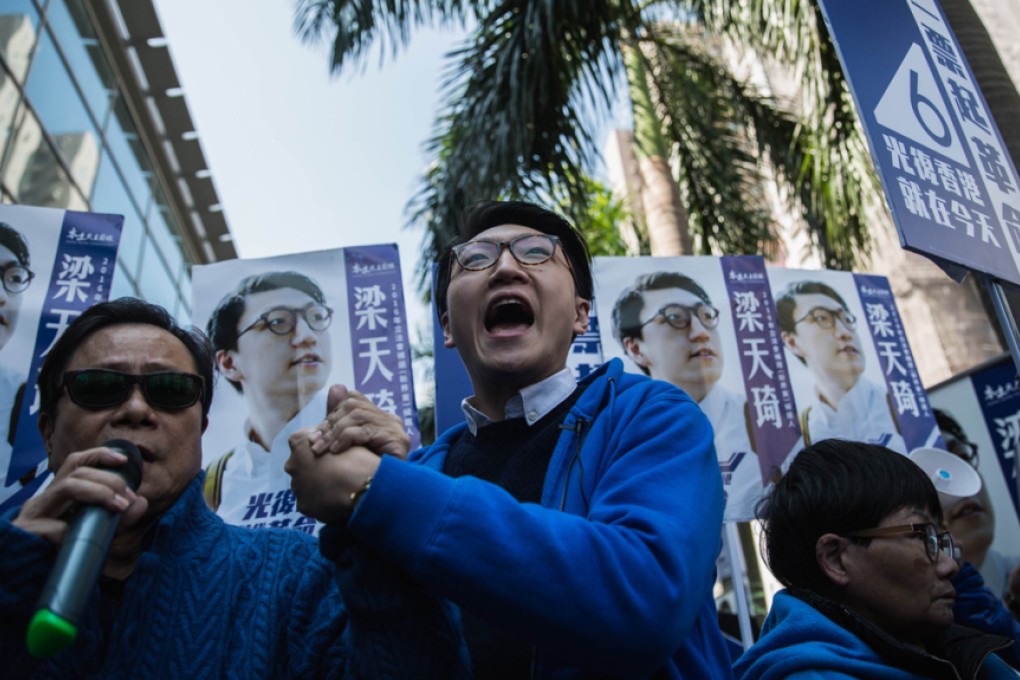Reflections | Why Hong Kong must understand China's obsession with national unity
The idea of a unified China is fixed in the psyche of its people, who look to the lessons of history, both recent and more ancient, writes Wee Kek Koon

What interesting times we live in! The University of Hong Kong Students’ Union has a president who says an independent Hong Kong is “worth discussing”; an ex-leader of the 2014 Umbrella Movement wants to hold a referendum to determine if the city should break away from China; and Beijing labelled radical local groups “separatists” following last month’s riot in Mong Kok.
It’s all very well for “localists” to speak of self-determination, but they must realise that China will rain fire and brimstone on Hong Kong if it feels any threat to the integrity of the nation. China’s single-minded obsession with national unity is partly informed by its modern history as a weak, humiliated nation carved up by invasion and ideologies. But it’s also a legacy of its ancient history, when a disunited China was often marked by warfare and bloodshed. A unified China is fixed in its people’s psyche as the ideal norm, from which any deviation spells calamity.

China has been unified for an estimated 70 per cent of its long history, but it’s probably less than that. Dynastic periods are convenient handles but they belie the centrifugal forces beneath the façade of imperial unity. The Tang dynasty, for example, is traditionally dated as having been founded in AD618 and ending in 907, but it doesn’t follow that Tang-dynasty China was a unified state for 289 years. Rebels and warlords controlled large swathes of territory, independent of central control, for more than one-third of the Tang’s duration.
Today, with the restive regions of Tibet and Xinjiang trying to break away, and the “renegade province” of Taiwan stubbornly resisting unification, China is technically still not a unified nation.
